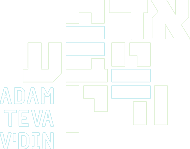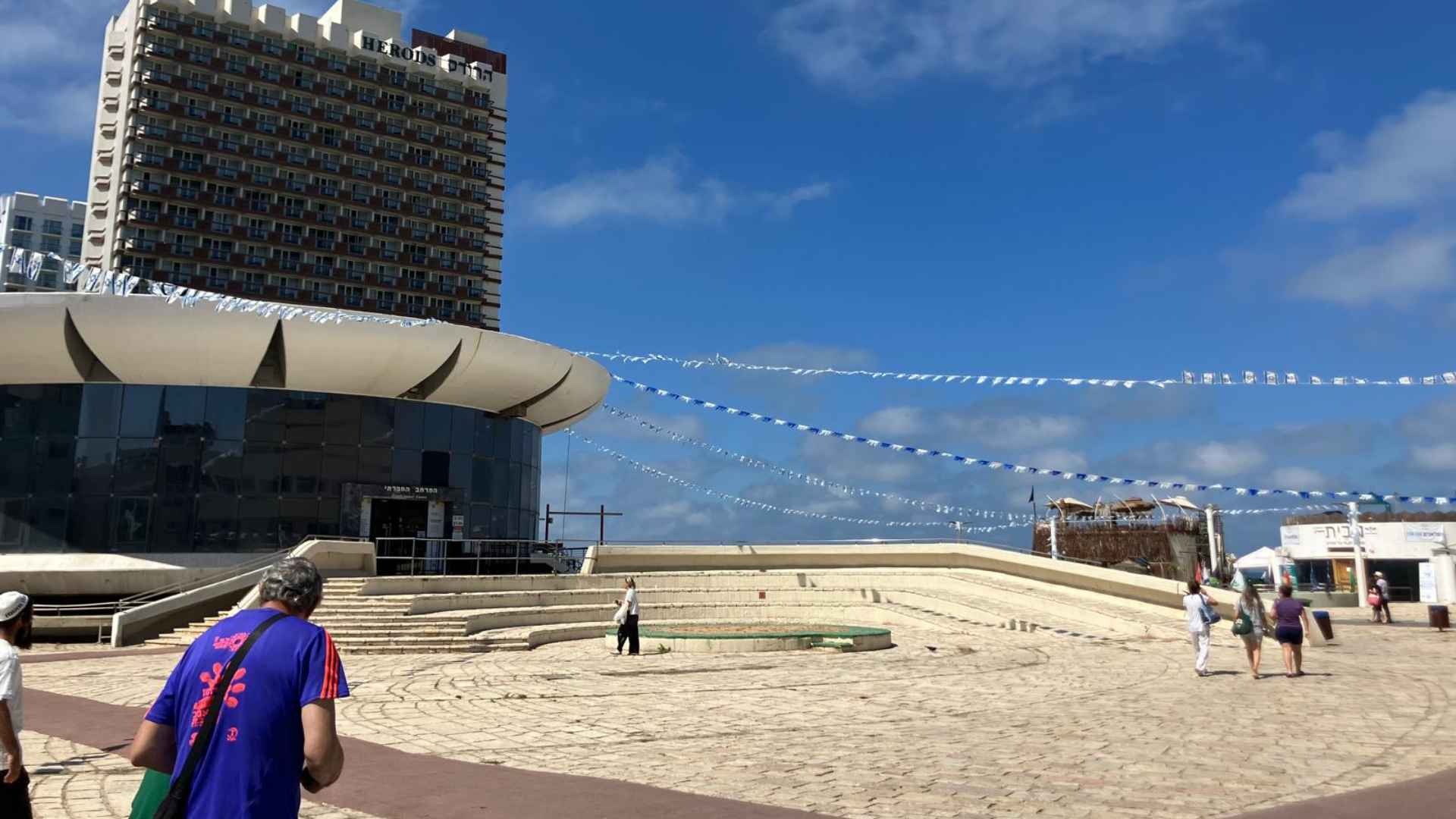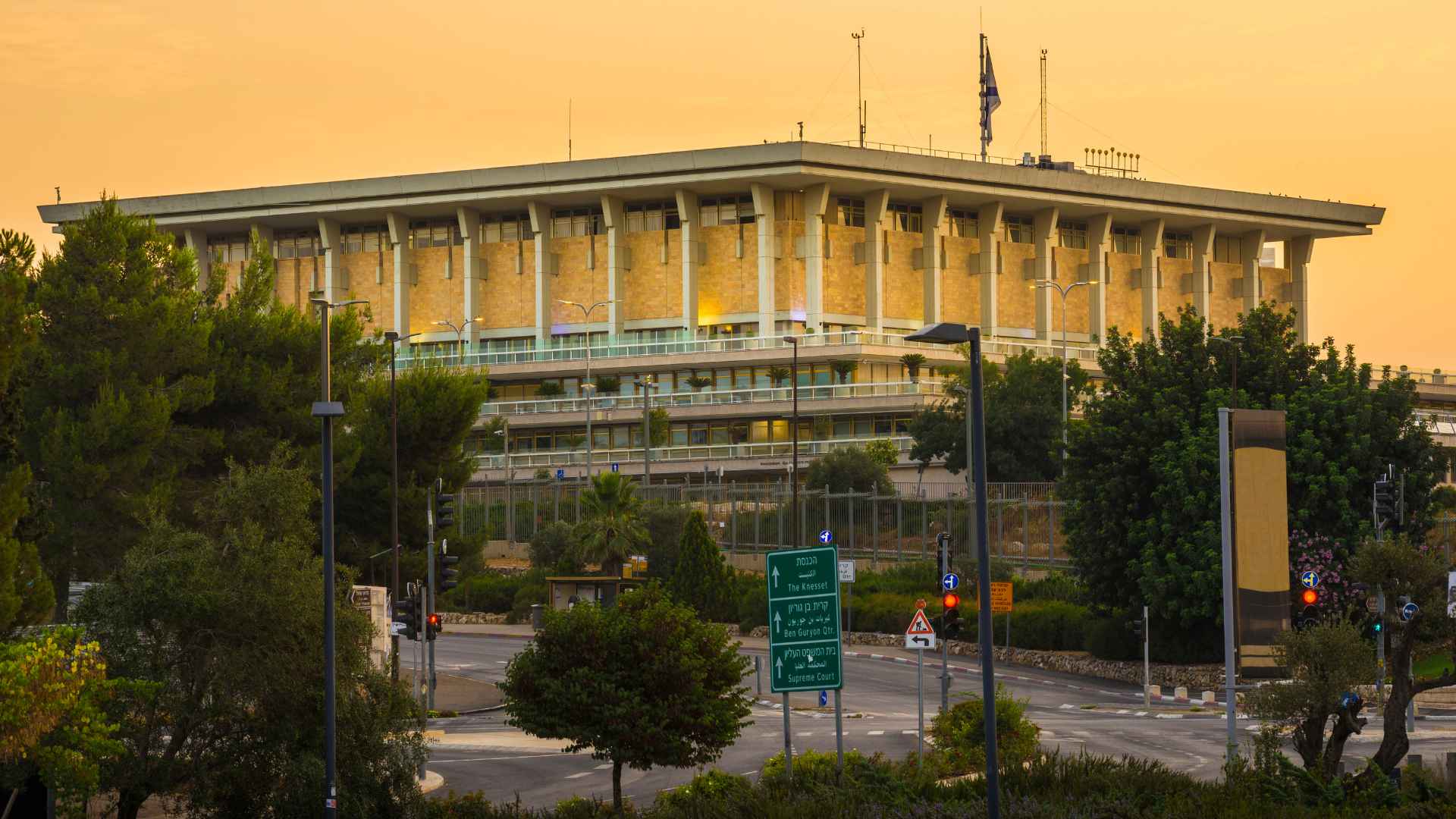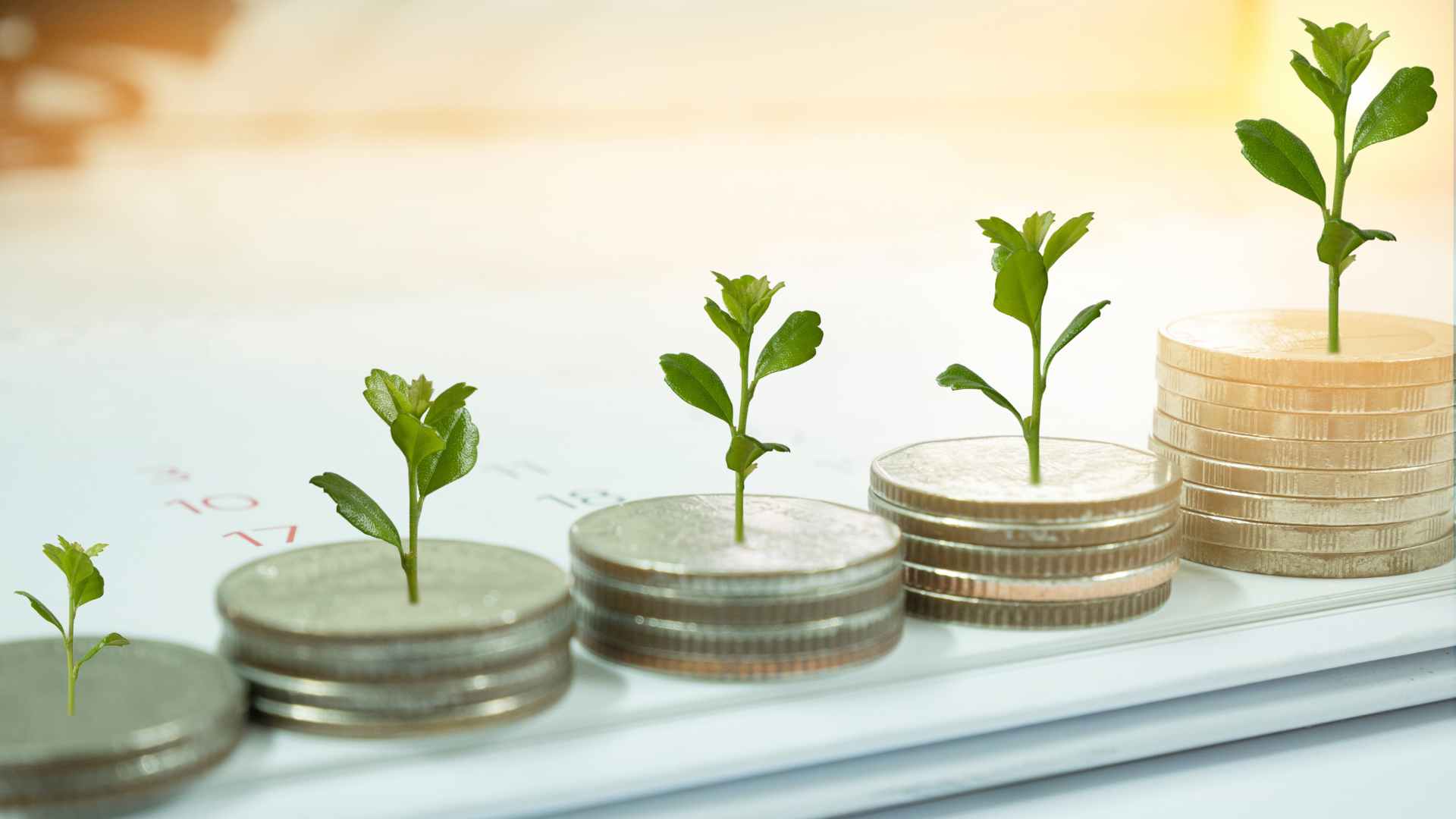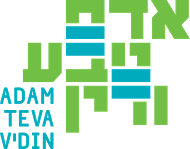Blog post by Rachel Smith-Savaya, Director of International Partnerships
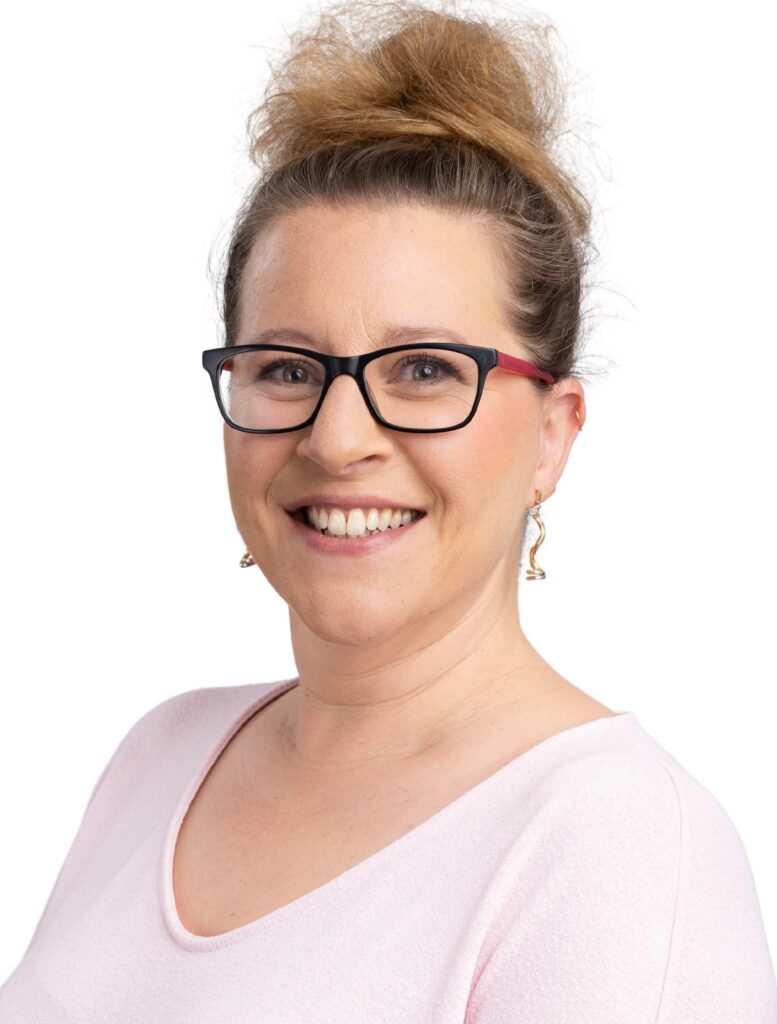
For me, as a Jewish and Israel Educator, the seder night(s) has always been a powerful example of experiential education. The leader or ‘program facilitator’ has a text, multi-sensory elements on the table and invites all to participate and interact with the content of the evening. As such, the powerful themes of the night allow access for all and to the unlikeliest of topics – which frankly, might be a welcome break this year given how deeply and painfully certain themes of Pesach (Passover) are being felt.
Since working at Adam Teva V’Din – Israel’s environmental watchdog – I have started to consider how the seder night is also a fascinating, new angle for talking about the environment, and in particular the lowest point on Earth: The Dead Sea.
While the מִצְוָה mitzvah (commandment) is to retell the story of exodus from Egypt, what we actually aim to do, is relive it. Everything we use, see and eat (before the actual meal) is to enable us to feel as if we were the ones who were taken out of slavery in Egypt, as the text itself instructs:
בְּכָל־דּוֹר וָדוֹר חַיָּב אָדָם לִרְאוֹת אֶת־עַצְמוֹ כְּאִלּוּ הוּא יָצָא מִמִּצְרַיִם
In every generation, a person is required to see him/herself as if s/he went out of Egypt.
We don’t simply talk about bitter times of slavery in Egypt, we feel its burn in our throat and sting in the eyes when eating מָרוֹר (marror) bitter herbs, we taste the tears of our ancestors through the salt water. These actions enable us to literally internalize the difficult times and feel as if it really was our personal story of leaving Egypt and embracing freedom.
Our seder plate is comprised of foods that symbolize either side of the duality of the night; slavery and freedom. Perhaps a perfect example of the meeting point between the two, is when we dip the כַּרְפַּס – karpas (often either a leafy vegetable or potato) into the salt water. The salt water as mentioned represents the tears we shed from all we experienced in Egypt; the karpas is a vegetable that represents the spring time and renewal, just as we embark on our journey now as free people with a fresh start.
As the seder night is all about encouraging questions, let’s ask:
What does this have to do with the environment? What on earth is the connection to the Dead Sea?
Passover has several names and each sheds light on a different aspect of the holiday. חַג הָאָבִיב (Chag Ha’Aviv), the Spring Holiday reflects nature; Spring is a time of hope, renewal and rebirth. This is immediately an invitation to make Pesach more about appreciating our environment, and with the change in weather that accompanies the holiday, is one reason why so many Israelis go camping and hiking in nature at this time of year.
As for the Dead Sea, the aforementioned salt water on the table is the connection. This terminal lake (it is a landlocked salt lake and not a sea at all), known in Hebrew as- יַם הַמֶּלַח Yam HaMelach – ‘the Salt Sea’, is a national treasure. Lauded throughout the ages for its healing properties, the Dead Sea has always attracted people and it continues to be a tourist hotspot.
As well as tourism, it is well-known, sadly, for the speed at which it is shrinking; 1.2 meters (four feet) every year and close to 25% of this shrinking (according to our research) is from water taken and used for commercial use. This definitely raises the question; how can this be allowed to happen? More importantly, how can we get it to stop, and hopefully protect this natural wonder?
The short answer is that the Dead Sea is shrinking at an alarming rate due to the exploitive Franchise Law. And yet, I always like to look for a positive spin…
Every year, our seder takes us through the painful story of slavery in Egypt and is constantly juxtaposed with our celebratory narrative of freedom. For this reason, we end the seder with the words:
לַשָּׁנָה הַבָּאָה בִּירוּשָׁלַיִם הַבְּנוּיָה
Next year in rebuilt Jerusalem (L’shana haba’a b’Yerushalayim habnooya)
It is a short and catchy phrase containing hope for whatever personal or national redemption may look or feel like for you.
Adam Teva V’Din will be saying לַשָּׁנָה הַזֹּאת – l’shana ha’zot – this year we start to reverse the damage done to the Dead Sea. Spoiler alert: this is the year we start work on the new franchise law.
Although it is not until 2030 that this franchise law will end, the Minister of Finance has already set up a special committee in the Knesset to review and prioritize what should be included in the ‘new’ franchise law. Adam Teva V’Din participates in the committee reviews, in its role as environmental watchdog.
We’d like to see responsible legislation that will protect not only the environmental interests, but also enable the citizens of Israel to benefit from a share of the commercial profit made on the resources extracted from the Dead Sea.
As we continue to pass on our beautiful Jewish traditions מִדּוֹר לַדּוֹר – m’dor l’dor (from generation to generation) – despite or perhaps due to the particular pain and difficulty this year – now is the time to act to ensure future generations are also able to benefit from and enjoy the Dead Sea.
If you would like to see the Dead Sea and its environment better protected in future, please donate to our efforts to make that happen.
